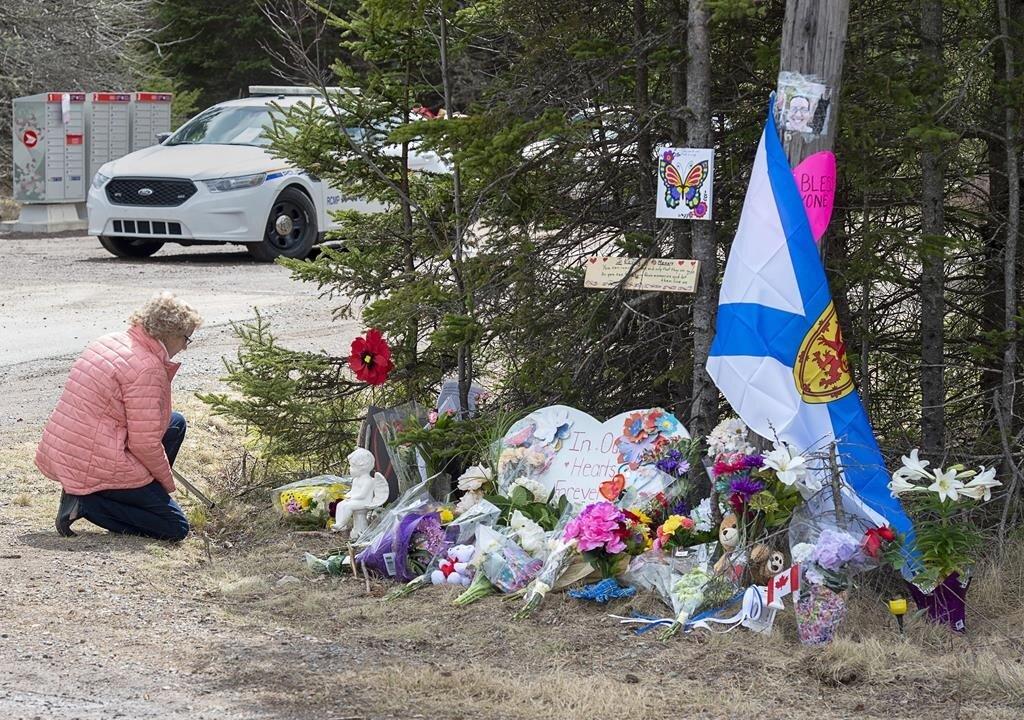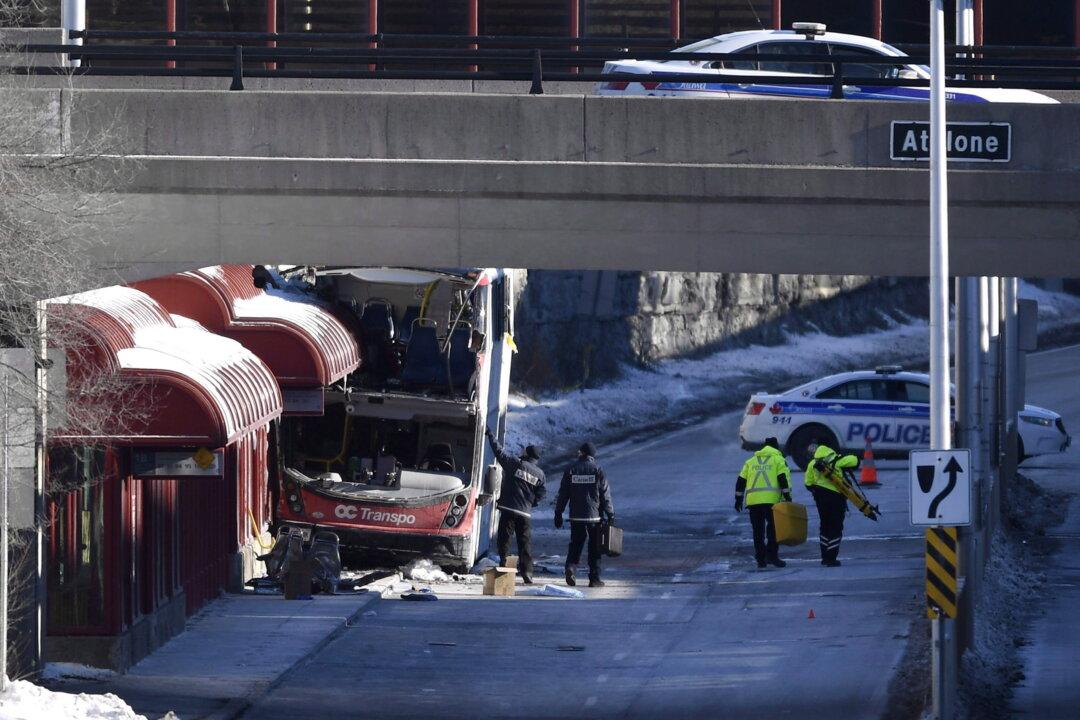HALIFAX—Nova Scotia Premier Tim Houston says the commissioners leading the inquiry into the 2020 mass shooting that claimed 22 lives in his province are treating the victims’ families with disrespect.
Houston issued a scathing statement Tuesday morning, just hours before the inquiry opened with remarks from the commissioners defending their process and warning against political interference.





